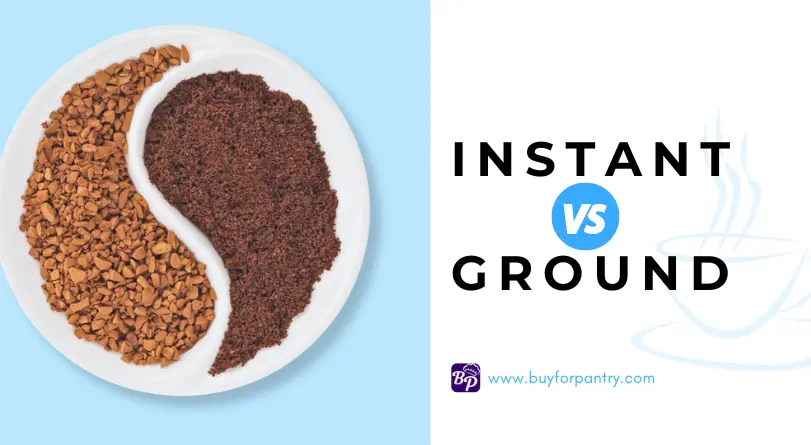To take care of cardiovascular health at any stage of life, you must follow a balanced and healthy diet. But after the age of 50, after the arrival of menopause and hormonal changes, it becomes even more important. So what food is good for heart after 50 years of age? Let’s find out.
Since the right diet helps to compensate for estrogen loss, reduce the probability of developing heart disease and face the problems that they begin with the climacteric, such as increased cholesterol levels or blood pressure, or glucose decompensations, which could predispose to the development of type 2 diabetes mellitus.
In addition, during menopause, women suffer hot flashes, fatigue or headaches, among other symptoms, and its effect could also be softened if a correct food choice is made. In general, the most important thing is to follow a Mediterranean diet. It is recommended to consume foods rich in fiber and healthy fats, reduce salt and control overweight.
But what nutrients should be consumed most frequently for proper cardiovascular health?
So what food is good for heart after 50 years of age?
We have some simple food that can help our heart with good health. Here you go:
Abundance of fresh fruits and vegetables
These antioxidant-rich foods reduce the risk of atherosclerosis (hardening of the arteries) and decrease the rates of clinical cardiovascular or cerebrovascular events. One of the most recommended fruits is avocado. Since it is one of the few that contains monounsaturated fats, one of the healthy fats, which helps reduce LDL cholesterol levels (known colloquially as “bad” cholesterol). It helps in preventing atherosclerosis or coronary diseases such as angina pectoris or myocardial infarction. Also its mineral proteins could improve the treatment of osteoporosis because they maintain healthy bones. However, its consumption should be moderate, since it has a great caloric intake.
Another fruit that has important benefits on the heart is strawberries. Because they help to dilate the arteries, protect the endothelium (inner layer of blood vessels) and control blood pressure. As for vegetables, broccoli helps eliminate LDL cholesterol, lowers blood glucose, and can reduce or delay the onset of diabetes and high blood pressure.
Raw nuts
The regular consumption of nuts in small quantities provides great benefits on some of the problems caused by the arrival of menopause: they help reduce cholesterol, the body mass index and the prevalence of risk factors for cardiovascular disease, type diabetes 2 and metabolic syndrome, and strengthen the bone system. It is recommended to consume them raw and without salt. Within this category, the best choice is walnuts due to their high levels of omega-3 fatty acids.
Vegetables
The consumption of four weekly servings of 100 grams can reduce the risk of heart attack and angina pectoris by up to 14%, as well as the levels of LDL cholesterol (“bad” cholesterol), and also helps control weight.
More fish and less red meat
It is recommended to consume blue fish because, unlike white fish, it contains omega-3 fatty acids that help maintain optimal blood cholesterol levels. To protect the heart, 3 to 4 servings should be consumed per week. The most recommended is salmon. The high consumption of meat and sausages is discouraged, since they contain saturated fats that increase the level of LDL cholesterol and the risk of cardiovascular problems.
Vegetable oils
Daily consumption of olive oil protects the heart thanks to its fatty acid composition and its antioxidant effects. It is recommended to always use extra virgin olive oil.
Finally, you should avoid the consumption of salt and foods rich in sodium (canned, olives, seafood, smoked, concentrated broths, sauces or sweeteners), reduce the intake of saturated fat and high-calorie foods.


